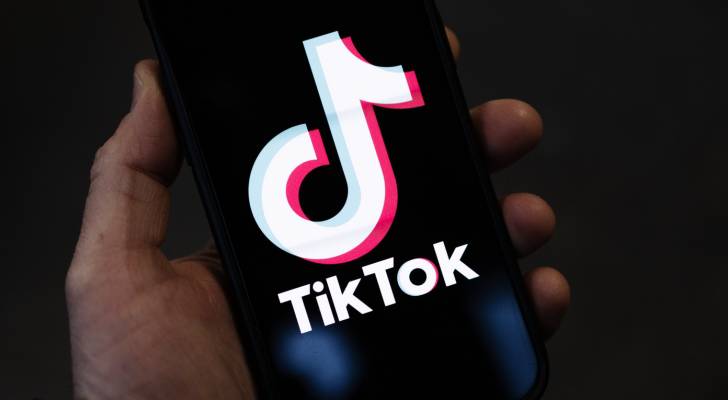Mass arrests of TikTokers highlight Egypt’s crackdown on online freedom
Egyptian authorities have arrested at least eight TikTok content creators, mostly women, in less than a week on charges including "indecency", in what rights defenders warn is a sweeping crackdown mainly targeting women online as well as freedom of speech.
According to the interior ministry, the creators' videos contain "obscene language", "violate public morals" and constitute "a misuse of social media".
But prominent advocacy group the Egyptian Initiative for Personal Rights (EIPR) has accused authorities of seeking to control public discourse, urging them to "stop prosecuting online content creators on vague, ethics and class-based charges such as 'violating Egyptian family values'".
The wave of arrests followed an online smear campaign and a complaint filed by 32 lawyers that alleged the videos "posed a danger to young people", without explaining how.
The ensuing crackdown "is the largest since 2020", said Lobna Darwish, EIPR's gender and human rights officer.
In 2020, Egyptian security forces launched a similar crackdown mainly against young women dancing and lip-syncing on TikTok, deeming the content overly suggestive.
According to Darwish, the "blatant class bias" at play this time was even clearer than before, with authorities going after women from lower-middle-class backgrounds who gained visibility and wealth through social media.
In a statement, police said two content creators had "confessed to publishing videos to increase views and generate financial profits", adding there was "suspicion as to the source of their wealth".
Among those arrested, mostly at their homes, were women TikTokers known online as Suzy al-Urduniya, Alia Qamaron, Um Mekka, Um Sajda and Qamr al-Wekala.
Three male creators known as Modahm, Shaker and Mohamed Abdel Aaty were also arrested.
Their accounts, most of which are still online, feature a broad range of content including comedy sketches, lip-syncing videos, ads for low-cost beauty products and snippets of daily life in working class neighbourhoods.
State media and popular talk show hosts have welcomed the crackdown.
Pro-government pundit Ahmed Moussa said Sunday that the influencers' short-form video content was "destroying society's values," which Egyptian authorities have for decades professed to safeguard.
According to Ahmed Badawy, head of parliament's telecommunications committee, TikTok's regional management has been given three months to "improve its content in Egypt" before the government takes measures to block it.
TikTok did not immediately respond to an AFP request for comment on Badawy's ultimatum.
In an interview with state-linked TV ExtraNews, Badawy hailed the recent arrests as an effective "deterrent" against users streaming "bad content".
But according to EIPR, the Egyptian state has taken to "disciplining" citizens, even in their private lives, "as part of a larger project to control the entire public sphere".
Egypt's legal code gives authorities broad discretion to prosecute morality-related offences, including "inciting debauchery", "violating public decency" and "misusing social media" -- charges that critics say are vague and therefore easy for courts to prosecute.
EIPR says it has documented at least 151 individuals charged with "violating family values" since 2020.
In one recent particularly high-profile case, Egyptian-Italian belly dancer Linda Martino -- who has more than two million followers on Instagram -- was arrested in June on social media debauchery charges.
Women, who are more vulnerable to scrutiny in patriarchal societies, "were the easier target to start with, until social control became the norm and now targets male creators as well", EIPR's Darwish told AFP.




